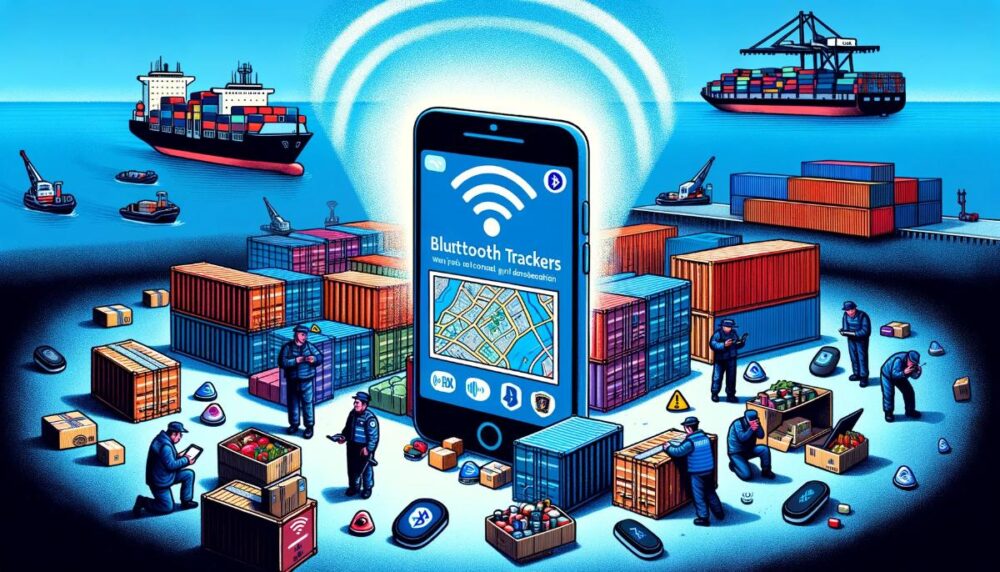How Innocent Bluetooth Trackers Are Helping Drug Dealers and Smugglers
Bluetooth trackers, originally designed to help people find lost keys or other personal items, are gaining popularity in the criminal world. According to Europol, the law enforcement agency of the European Union, Bluetooth tags have proven to be highly effective tools for monitoring smuggled goods.
These trackers emit a signal that can be picked up by paired mobile devices—such as smartphones, tablets, and other gadgets. The exact coordinates of the tag are then displayed on the device’s screen. The typical range of these trackers is between 30 and 400 feet (10 to 120 meters). To extend this range, manufacturers use crowdsourcing technology: any nearby mobile device of the same brand can pick up the signal and relay the location information to the owner.
Europol reports that criminals most often use Bluetooth trackers for transporting drugs. The devices have also been used to locate vehicles involved in criminal operations and to track ships used for illegal migrant transportation.
“The vast majority of cases are related to large-scale cocaine smuggling. These trackers were used to locate shipments weighing over 220 pounds (100 kg) after delivery to ports and markets across the EU,” Europol states.
The tags, along with the cocaine, were most often found in boxes of food products. In some cases, criminals hid them in ship holds or in European warehouses.
It is unlikely that such trackers would be used over long distances, such as in open sea. For these purposes, GPS-based navigation systems are more suitable. A combination of GPS and Bluetooth is also possible. However, despite their limited range, Bluetooth trackers are cheaper, smaller, have a longer battery life (up to 1–2 years), and are waterproof.



